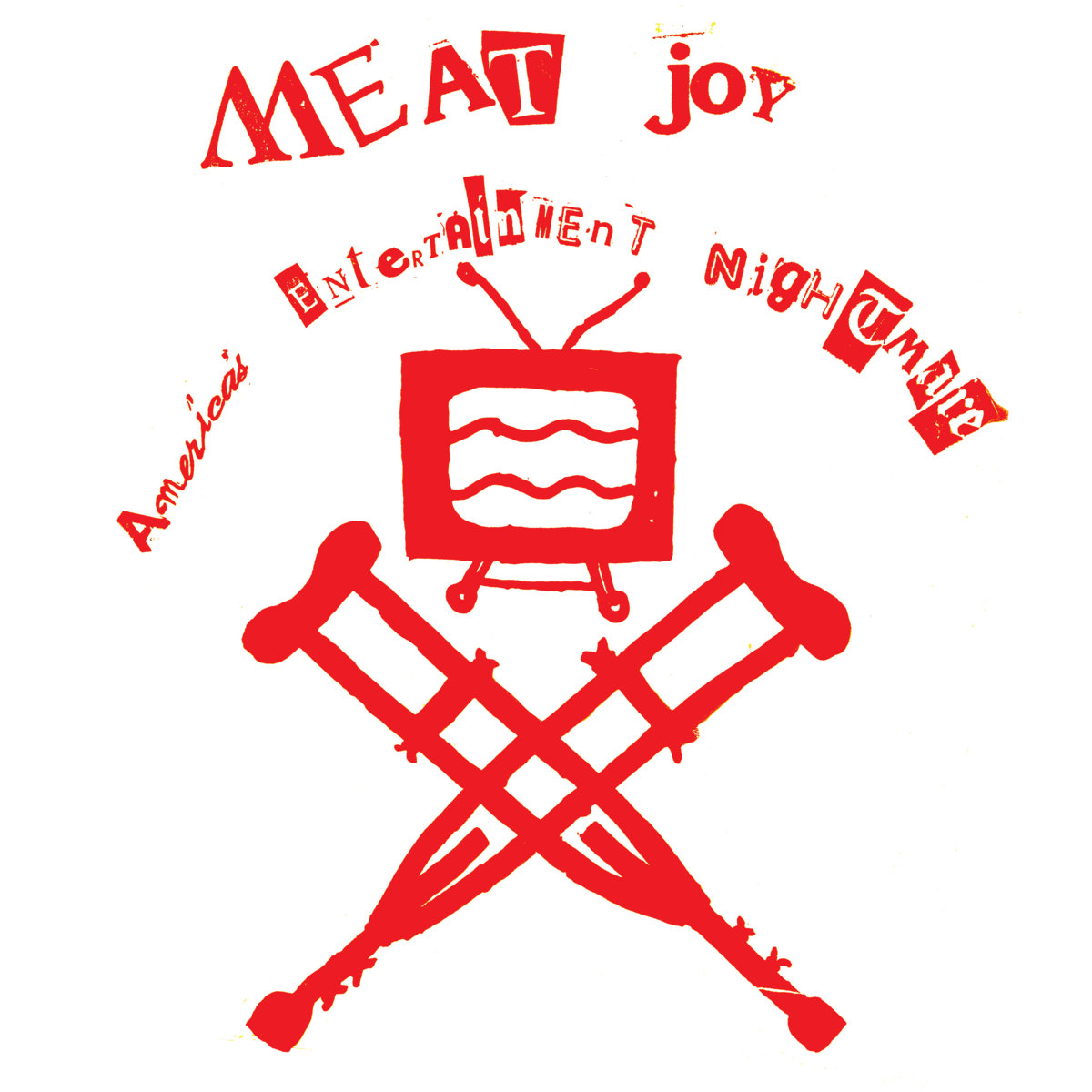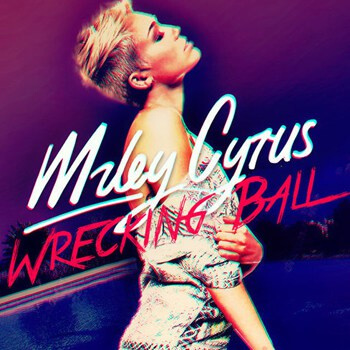A band everyone should like. There was a time, back in the distant 1980s and ’90s, when recording and distribution outpaced the spread of information. The post-punk DIY movement encouraged artists and fans to seize the means of production and make their own records and zines but there was no guarantee they’d end up in the same places. As a result, there were bands with cool names that you’d never hear and records with cool covers that you didn’t know anything about. That first category, for example, included, for me, Virgin Prunes, whom I recently listened to for the first time after my friend Rui sang me their well deserved praises. They’d always just been one of those names I meant to get, at least to since the Internet happened, and I’m happy at last to have felt their jagged edge.
Top of the other list was Meat Joy. I knew two people with copies of their self-released, self-titled 1984 LP, each with a different, handmade cover. Story was they were from Texas, and friends with the Butthole Surfers, that one of the Surfers was even on the album, or something like that. There was no way to check, of course, but it all scanned. (I figured out later that the band took its name from a film by the feminist artist Carolee Schneeman. A DC punk band later also used the name.)
One of my friend’s copies eventually ended up in my collection. The cover was a simple cartoon of a wildly happy woman, rendered in magic marker, declaring “Meat Joy—A Band Everyone Should Like” against a background of colorful, diagonal stripes. That gloriously joyful lady wasn’t wrong.
The contents of the white label LP were unlike anything I’d heard before and, to be honest, anything I’ve heard since: funny, proto–fast folk songs of lesbian heartache and betrayal; grinding punk songs about anorexia and macho hardcore attitudes; a fairly uncategorizable song finding empathy for a misunderstood and maligned Jesus Christ. Interspersed among them were dissonant dirges, babies singing at bathtime, short song fragments and other auditory ephemera. It’s an enchanting oddball of an album.
The only album Meat Joy ever made remained pretty well hidden from the digital age—I’ve only ever found 2 or 3 of the cuts on YouTube and the whole thing never saw reissue or made it to streaming, at least until now. The 1984 slice of perfection will become available to the masses on Oct. 13 as download or LP, with an option for a handmade cover, via Bandcamp. (The band also contributed tracks to at least a couple of indie comps which, sadly, haven’t been included.)
Fronting the group, it turns out, was Gretchen Phillips, later one of Two Nice Girls. And confirming those ancient rumors, the recently departed Butthole Surfer Teresa Nervosa is heard on drums. The band will be reuniting for a couple of Austin dates around the release. If anyone’s driving from NYC, let me know.
 Mossy songs and the siren who sings them. Last year, the Portland duo Sea Moss set a personal high water mark with their SEAMOSS2. Their fried and blistered beats had never worked better. I’m not sure if their new remix album bests it, but it certainly builds on the fractured grooves. Vocalist Noa Ver sings and screams in a language all her own, frequently distorted by a microphone set against her neck. It’s odd that sirens have been imagined by such human standards; I’d think they’d drive sailors crazy with such alien, animal calls as Ver’s. Drummer Zach D’Agostino adds homemade electronics such as hacked feedback oscillators to his rig. The end result is more than a little like early recordings by no wave legends Teenage Jesus and the Jerks. REMOSS2 (cassette and download out in June via Ramp Local) revisits the tunes from the last album with remixes by NAH, Machine Girl, President Evil, GHÖSH, Avola, Giant Claw, Fire-Toolz, and Bl_ank, adding sexy synths and heavier dance rhythms in ways that are sometimes hilarious and sometimes just great, heady fun. Remix albums often end up as reductive, LCD exercises. REMOSS2 is a strong companion piece and a good excuse to catch up if you missed the previous moss.
Mossy songs and the siren who sings them. Last year, the Portland duo Sea Moss set a personal high water mark with their SEAMOSS2. Their fried and blistered beats had never worked better. I’m not sure if their new remix album bests it, but it certainly builds on the fractured grooves. Vocalist Noa Ver sings and screams in a language all her own, frequently distorted by a microphone set against her neck. It’s odd that sirens have been imagined by such human standards; I’d think they’d drive sailors crazy with such alien, animal calls as Ver’s. Drummer Zach D’Agostino adds homemade electronics such as hacked feedback oscillators to his rig. The end result is more than a little like early recordings by no wave legends Teenage Jesus and the Jerks. REMOSS2 (cassette and download out in June via Ramp Local) revisits the tunes from the last album with remixes by NAH, Machine Girl, President Evil, GHÖSH, Avola, Giant Claw, Fire-Toolz, and Bl_ank, adding sexy synths and heavier dance rhythms in ways that are sometimes hilarious and sometimes just great, heady fun. Remix albums often end up as reductive, LCD exercises. REMOSS2 is a strong companion piece and a good excuse to catch up if you missed the previous moss.
Youth is wasted on the dumb. Say what you will about Miley Cyrus, and people do, she’s got a hell of a voice and a great sense of harmony. (Check out her acoustic “Backyard Sessions” videos if you haven’t already). And while I’m hardly her target audience, she occasionally lays out a track that I do love. “Wrecking Ball” is truly heart-wrenching, “We Can’t Stop” is a surprising, downtempo party anthem, and her unapologetic, new “Used to Be Young” acknowledges her wild side, doesn’t exactly promise she’s past it and, most importantly, showcases her dynamic voice. She’s going to be around for a long time, and the new single promises to be a staple in her concerts for years to come. Turning 30 last year might have turned her thoughts toward fading youth. Another 10 or 20 years will only ripen the song and wizen her voice.











